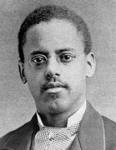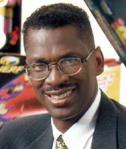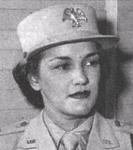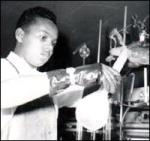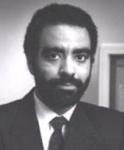In honor of Black History Month, here are few profiles of contributors to history of African descent:
Lewis Latimer
Thomas Edison may have invented the electric lightbulb, but Latimer helped make it a common feature in American households. In 1881 he received a patent for inventing a method of producing carbon filaments, which made the bulbs longer-lasting, more efficient and cheaper. Latimer, who at one time worked as a draftsman for inventor Alexander Graham Bell, would eventually be hired by Edison and continue his innovations in electric lighting. Edison’s company would go on to become General Electric.
Lonnie G. Johnson
Inventor of the Super Soaker®
An anonymous source said of the Super Soaker®: “I got fired from a job once because of my Super Soaker. I guess that’s what happens when you accidentally drench a customer when you’re trying to get a co-worker who ducks.”
Famous black inventor and scientist Lonnie G. Johnson probably didn’t have that little scenario in mind when he invented the Super Soaker squirt gun, but it is one of the countless memories that can be recalled by those who were young enough to enjoy the Super Soaker after its release in 1989.
Thanks to Tanisha and Bryan Jones and their daughter Sinai for compiling these profiles from the following sources:
1) The Encyclopedia of African-American Heritage, by Susan Altman
2) The Roots website, theroots.com
3) Famous Black Inventors website, black-inventor.com

